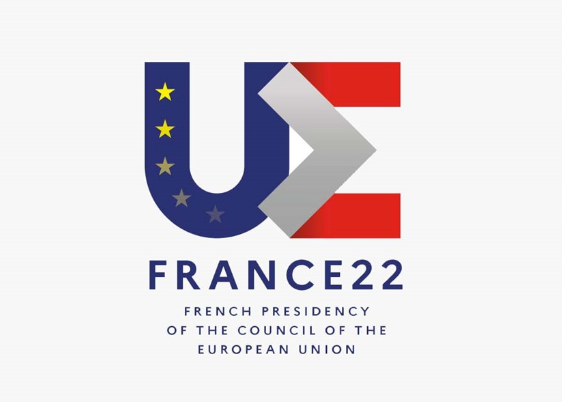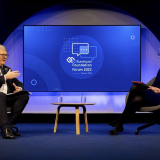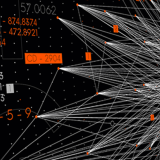EU context
A döntéshozóknak olyan ismeretekre kell szert tenniük, amely segít megválaszolni a hatékony szabályozásra vonatkozó kérdéseket, azt, hogy hogyan biztosítható a szociális védelem annak legtágabb értelmében, és hogy a digitalizáció lehetőségeinek kihasználása során hogyan lehet egyensúlyba hozni a vállalkozások, közösségek és egyének igényeit.
Az Európai Bizottság politikai prioritásainak egyikeként 2015-ben elfogadta az európai digitális egységes piaci stratégiát. A stratégia digitális lehetőségeket kínál a polgárok és a vállalkozások részére, és célja az Európai Unió digitális gazdaságban elfoglalt vezető pozíciójának megszilárdítása. Célja az információhoz való hozzáférés javítása, munkahelyteremtés azok számára, akik rendelkeznek a megfelelő digitális szakértelemmel, és a közszolgáltatások átalakítása. A közösségi gazdaság uniószerte megvalósuló elterjedésére tekintettel a Bizottság ösztönözni kívánja az új és innovatív szolgáltatások kialakítását, és közben biztosítani kívánja a megfelelő védelmi intézkedéseket. A Bizottság 2016. évi, a közösségi gazdaságra vonatkozó európai menetrendről szóló közleménye tisztázza ezen a területen a polgárokra, vállalkozásokra és tagállamokra irányadó szabályokat és szakpolitikai ajánlásokat.
Az Eurofound munkája
Az Eurofound a munkakörülményeket, a munkajogi szabályozást érintő tágabb következményekre összpontosít, és a digitális technológiák mértéke és alkalmazási területe növekedésének munkaerőpiacra gyakorolt hatására.
A szolgáltatások területén gyökeres változást hozó technológiák foglalkoztatási hatásait kutatják. Az Eurofound vizsgálja továbbá a gazdaság platform, nevezetesen a közösségi foglalkoztatás munkaerőpiaci hatásait. Folytatódik továbbá az ikt-mobil munkavállalók foglalkoztatási és munkakörülményeire irányuló kutatás.
A digitális korszak munkavállalásának és foglalkoztatásának jellegét vizsgálják a következőkre összpontosítva:
Legfontosabb hozzájárulások
A bármikor és bárhol végzett munkával kapcsolatban a Nemzetközi Munkaügyi Szervezettel (ILO) közösen készített jelentés vizsgálta a távmunka és az ikt-mobil munka munkakörülmények egyes kiválasztott elemeire gyakorolt hatását.
Az Eurofound alapítványi szeminárium-sorozata (Foundation Seminar Series; FSS) lehetőséget kínál a kormányoknak, a szakszervezeteknek és a munkáltatóknak arra, hogy megvitassák a szociális, foglalkoztatási és a munka világához kapcsolódó uniós szakpolitikák alakulását. Az FSS 2016-ban a digitalizáció munka világára gyakorolt hatására összpontosított, és nemzeti programokat alakított ki a digitális változások jobb megvalósítására.



































